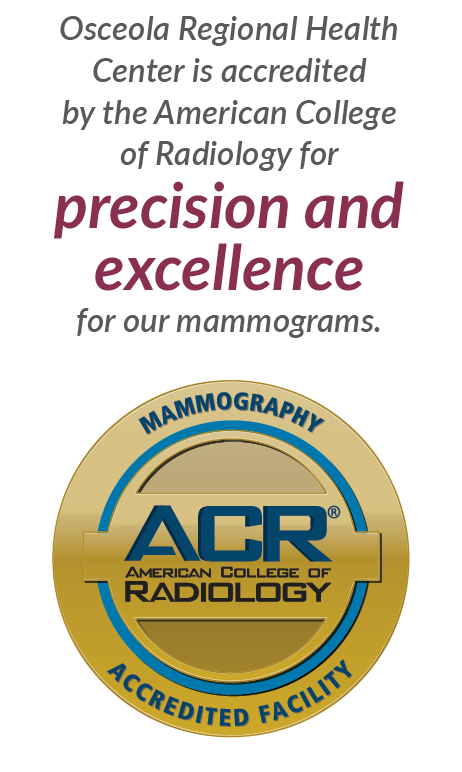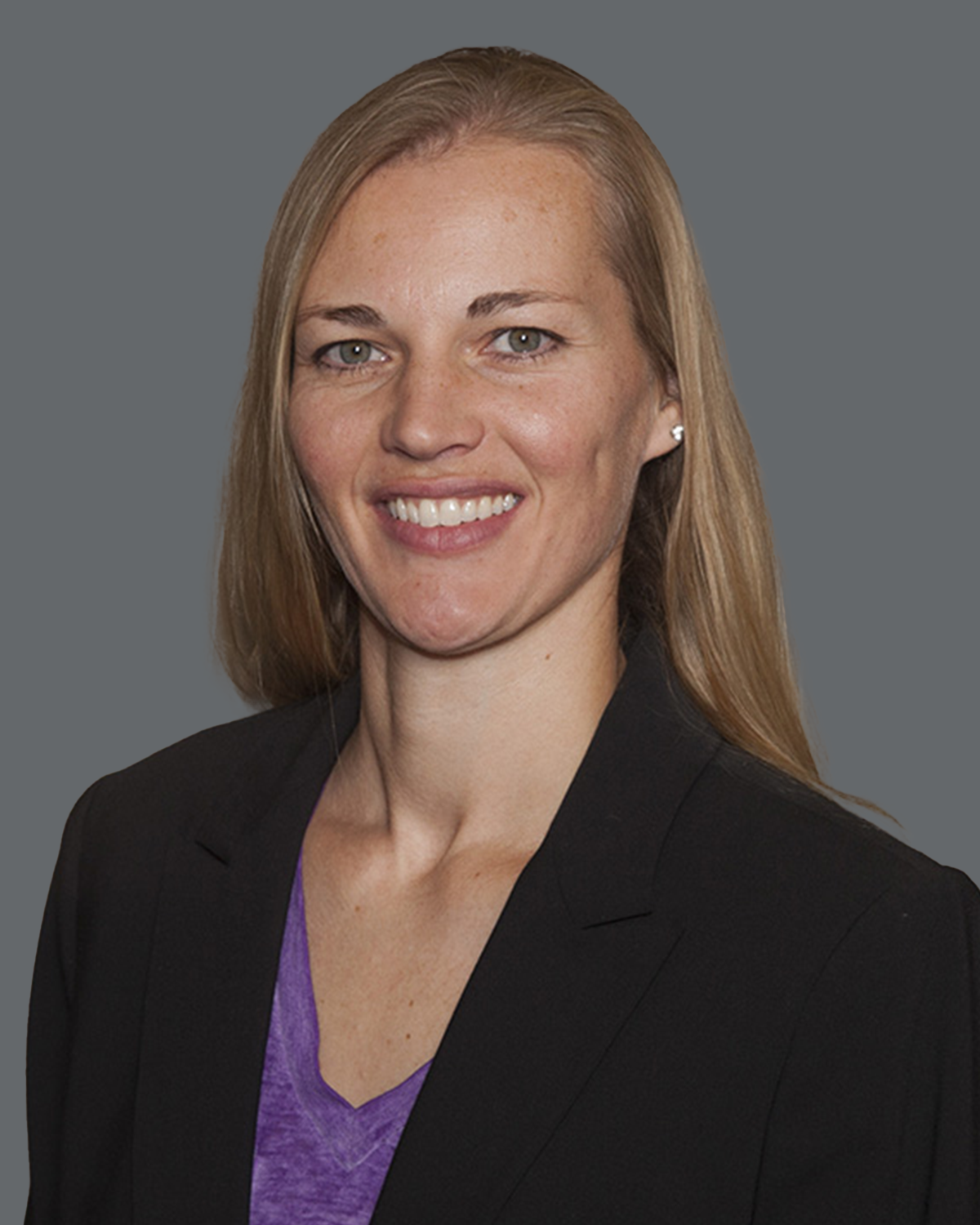
Breast Cancer is treatable and beatable
Join us for our annual Pink Pumpkin 5K to help raise awareness!

By Rachel Wilcinot, DO, of Avera Medical Group Sibley & Osceola Regional Health Center
October is not only the month where green turns to brown and harvest goes into full swing, it’s also the month you will see NFL players sporting pink for breast cancer awareness. Along those lines, I was asked to write an article about breast cancer screenings.
I never used to be caught dead in pink anything. However, you can now see me quite often wearing the color, in part because I was bit by the breast cancer bug and feel I am now part of the pink fraternity. While neither the color nor the diagnosis make me any more of an expert on screening, it does make me more impassioned and understanding.
By now a good portion of the general public knows that breast cancer screening is generally done by mammogram, and that it is recommended to start at age 40. Then, depending on which group of “experts” you obey, mammograms should continue every 1 or 2 years – you can work it out with your doctor which plan is best for you. Most guidelines recommend screening through age 75, sometimes longer, depending on the overall health of the woman.
There are a few caveats to the above, such as those who have a mom or sister with breast cancer. A woman with that family history should start mammograms ten years before the age the family member was diagnosed, or age 40, whichever is earlier. For example, if your sister was diagnosed with breast cancer at the age of 48, you should start screening at the age of 38. It is also recommended that screening is done yearly in these cases. Always be sure to tell your physician about any close family member newly diagnosed with cancer – while we doctors like to think we know most things, we won’t know that information.
There is also some debate as to whether a mammogram is the best screening tool for those women who have smaller breasts. For now, mammograms are still the standard, but I encourage you to have a discussion with your doctor about whether a different screening technique may be better suited for you. Women with “extremely dense” breast tissue are at higher risk of getting breast cancer, so sometimes a breast MRI or a contrast-enhanced mammogram might be ordered periodically in the screening plan.
So, if you are one of the women out there not up-to-date on your breast cancer screening, my hope is that when you see something pink, you’ll take the time and prioritize this simple screening. If found early, breast cancer is treatable and beatable. Do your kids, your husband, your mom and your dad a favor and get screened.
Schedule an appointment with an Avera Medical Group Sibley physician today by calling 712-754-3658 to discuss your breast cancer risks and screening options. Health begins with Self-care. Call 712-754-5361 to schedule your 3D mammogram today!

